In the ever-volatile world of global trade, the Trump administration’s recent moves have sent shockwaves through financial markets. On Monday, US stocks experienced a surge, driven by the administration’s decision to exempt tariffs on smartphones, computers, and various electronics imported from China. This temporary reprieve provided a much-needed boost to investor confidence, but the underlying uncertainty remains a significant concern for traders and businesses alike.
The Market’s Response to Tariff Exemptions
The Dow Jones Industrial Average rose 312 points, or 0.78%, while the broader S&P 500 gained 0.79%. The tech-heavy Nasdaq Composite also saw an increase of 0.64%. All three major indexes closed higher, despite a choppy day of trading. Stock indexes opened higher but gave up some gains in the morning as a rally in tech stocks lost momentum. The Nasdaq, which initially rose as much as 2.4% in the morning, fluctuated between gains and losses midday before gradually gaining ground. The Dow and the S&P 500 briefly dipped into the red midday but recovered in the afternoon.
This positive market movement followed gains in US stock futures over the weekend, after investors realized that the Trump administration had issued tariff exemptions for electronics imported from China. According to a US Customs and Border Protection notice posted late Friday, these exemptions came after President Donald Trump imposed a tariff rate of 145% on imports from China. However, the exemptions do not apply to the 20% tariff on imports related to China’s role in the fentanyl trade.
The Confusion and Uncertainty
Despite the initial rally, confusion lingers around the trade war with China. Commerce Secretary Howard Lutnick stated on Sunday that the exemptions for electronics are only a temporary reprieve. These products will still face separate levies, according to Lutnick. “(Electronics are) exempt from the reciprocal tariffs, but they’re included in the semiconductor tariffs, which are coming in probably a month or two,” Lutnick told ABC News on Sunday.
Adding to the uncertainty, President Trump announced on Monday that he is considering a short-term tariff exemption for automakers. Trump’s 25% tariff on vehicles went into effect on April 3, with tariffs on auto parts scheduled to take effect no later than May 3. Ford (F), Stellantis (STLA), and General Motors (GM) all surged more than 3% after Trump’s comments. “I’m looking at something to help some of the car companies where they’re switching to parts that were made in Canada, Mexico, and other places and they need a little bit more time,” Trump said during remarks at the White House. “They’re going to make them here, but they need a little bit more time.”
Global Market Reactions
The gains in US stocks were echoed in overseas markets. In Europe, the benchmark STOXX 600 gained 2.7%, while Germany’s DAX rose 2.85%. In Asia, Japan’s Nikkei 225 gained 1.2%, and Hong Kong’s Hang Seng rose 2.4%. Taiwan’s benchmark index was an outlier, edging lower by 0.08%.
Economic Outlook and Consumer Sentiment
The gains in US stocks on Monday came after new survey data from the New York Federal Reserve showed mounting pessimism among consumers about the short-term outlook for the economy. The New York Fed survey revealed a sharp increase in respondents’ near-term inflation expectations, which jumped 0.5 percentage points to 3.6%—the highest reading in a year and a half.
US stocks have experienced a wild two weeks, with Trump’s rollout of his so-called “reciprocal tariffs” and subsequent 90-day pause on most tariffs sending the market on a roller coaster. The S&P 500 fell 9% across the first week of April, its worst week since 2020, before rallying 5.7% the second week of April, its best week since 2023. The stock market posted its third-biggest single-day gain in modern history on Wednesday after Trump announced a 90-day pause on most “reciprocal” tariffs. Despite the surge, the S&P 500 is still trading below its closing price on April 2, just before Trump initially announced the reciprocal tariffs.
Analysts’ Perspectives
Analysts at UBS noted in a Monday report that the situation remains fluid, with continuous twists and turns since the “Liberation Day” announcement less than two weeks ago. “But given the 90-day pause on ‘reciprocal’ tariffs and the latest electronics tariff reprieve, we expect the recovery in tech shares to continue.”
However, the lack of clarity about Trump’s trade policy has kept traders in the dark about how to best position their investments—and raised concerns about US economic growth. Analysts at Morgan Stanley stated in a Friday note, “While any delay of tariffs is beneficial on the margin, it is not the same as their removal. History suggests that elevated and prolonged uncertainty that weighs on business confidence can have detrimental effects on business spending and hiring.”
Goldman Sachs CEO David Solomon remarked in an earnings press release on Monday that the current climate is a “markedly different operating environment than earlier this year.” “The prospect of a recession has increased with growing indications that economic activity is slowing down,” Solomon said on a call with analysts. “Our clients, including corporate CEOs and institutional investors, are concerned by the significant near-term and longer-term uncertainty that has constrained their ability to make important decisions.”
Billionaire Ray Dalio warned over the weekend that Trump’s tariffs have pushed the US close to a recession—or perhaps even “something worse.” “Right now, we are at a decision-making point and very close to a recession,” the hedge fund manager told NBC News Sunday. “And I’m worried about something worse than a recession if this isn’t handled well.”
Market Forecasts and Safe Havens
Analysts at Citi lowered their year-end target for the S&P 500 to 5,800 from 6,500 on Friday, joining a group of Wall Street giants in cutting their forecasts for corporate earnings and growth this year amid an uncertain tariff environment. “No doubt, the goldilocks sentiment in place entering this year has given way to abject uncertainty,” analysts at Citi said in a Friday note.
A major focus for investors this week will be the Treasury market, which experienced a week of abnormal volatility that spooked the White House and raised questions about whether US government debt is losing its status as a safe haven. US Treasuries gained slightly on Monday and were relatively stable after broadly slumping last week. The yield on the 10-year Treasury note hovered around 4.38% Monday morning, after spiking above 4.5% on Friday. Yields and bond prices trade in opposite directions.
The US dollar index, which measures the dollar’s strength against six foreign currencies, slid 0.4% on Monday and is coming off its biggest single-week decline since 2022. The dollar has broadly weakened this year amid concerns about waning investor confidence in the United States.
US oil settled 3 cents higher at $61.53 a barrel on Monday. Brent crude, the global benchmark, settled 12 cents higher at $64.88 a barrel. Oil largely held steady after OPEC in a monthly report slightly lowered its forecast for global oil demand growth this year, citing the impact of tariffs.
Meanwhile, gold was down 0.8% on Monday after surpassing a record high of $3,200 a troy ounce on Friday. The yellow metal has soared more than 21% this year as investors flock to safe havens. Analysts at Goldman Sachs raised their year-end price forecast for gold to $3,700 on Friday, underpinning the heightened demand for bullion amid economic uncertainty.
Navigating the Uncertain Terrain
The recent rally in US stocks, driven by tariff exemptions on electronics, offers a glimmer of hope for investors. However, the underlying uncertainty and confusion surrounding trade policies continue to pose significant risks. The Trump administration’s back-and-forth on tariffs, coupled with the potential for further economic disruptions, has created a challenging environment for businesses and investors.
As the market looks ahead, clarity on trade policies and their long-term impact will be crucial. The temporary reprieve for electronics and the potential short-term exemption for automakers provide some relief, but the broader economic outlook remains uncertain. Analysts and market participants are closely monitoring developments, aware that the current volatility could be a harbinger of more significant economic shifts.
In this era of heightened uncertainty, investors must remain vigilant and adaptable. The future of the US economy and global trade will depend on the ability of policymakers to navigate these complex challenges and restore stability to the markets. Until then, the rollercoaster ride continues.

By Daniel Scott/Apr 21, 2025
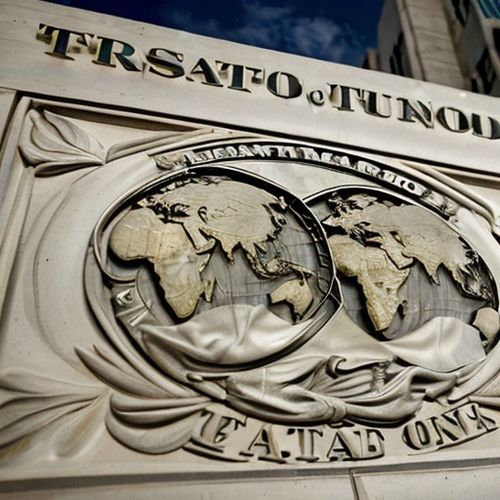
By Laura Wilson/Apr 21, 2025
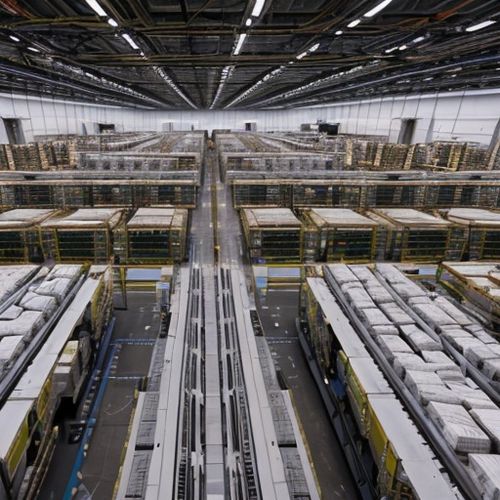
By Christopher Harris/Apr 21, 2025

By Emma Thompson/Apr 21, 2025
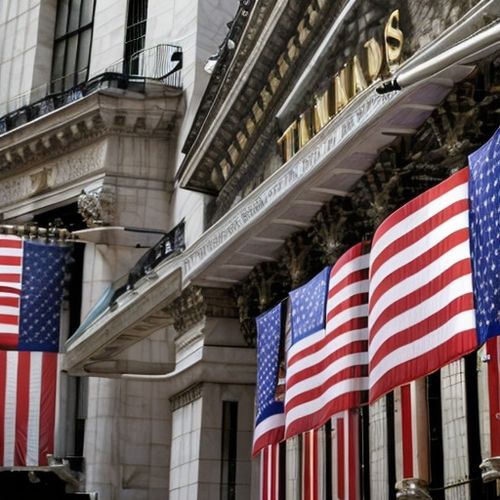
By Michael Brown/Apr 21, 2025
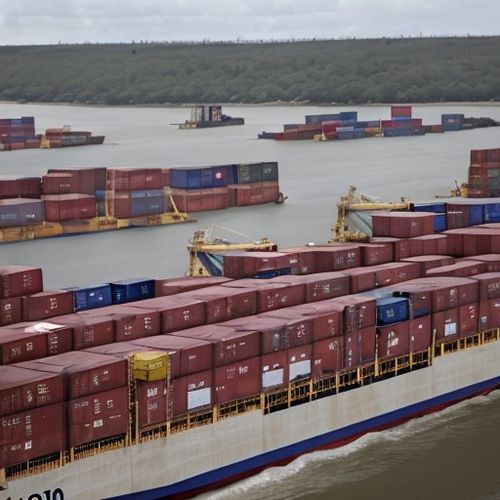
By Samuel Cooper/Apr 21, 2025
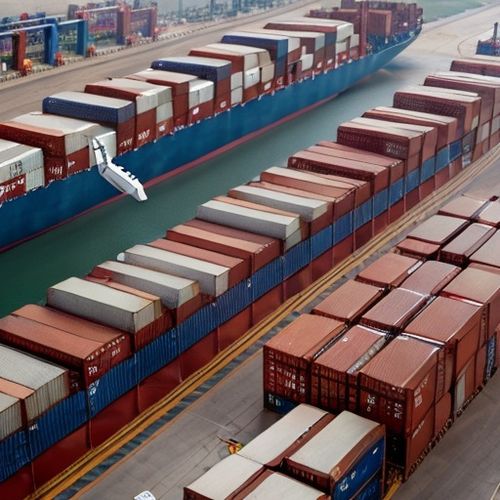
By Lily Simpson/Apr 21, 2025

By Megan Clark/Apr 21, 2025

By Elizabeth Taylor/Apr 21, 2025
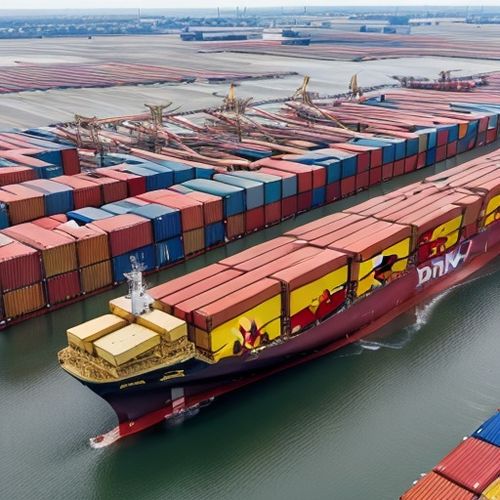
By Noah Bell/Apr 21, 2025
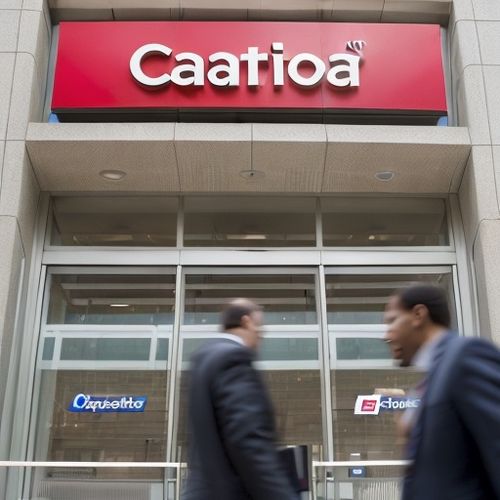
By William Miller/Apr 21, 2025
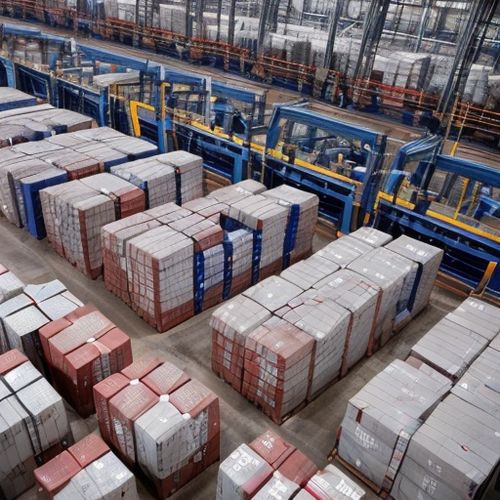
By Michael Brown/Apr 21, 2025
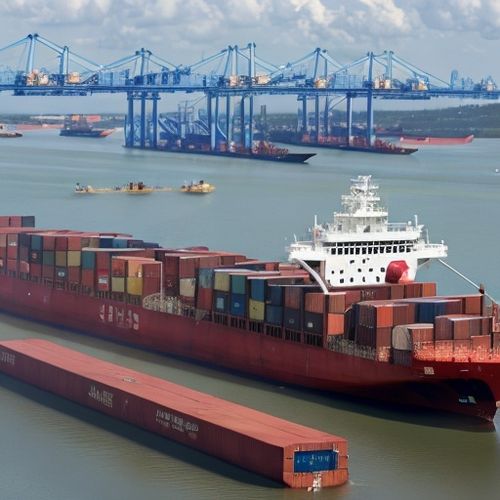
By Emily Johnson/Apr 21, 2025

By Natalie Campbell/Apr 21, 2025

By Grace Cox/Apr 21, 2025

By Lily Simpson/Apr 21, 2025
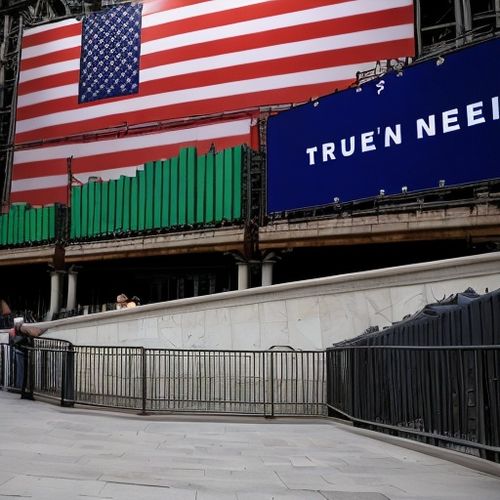
By Noah Bell/Apr 21, 2025
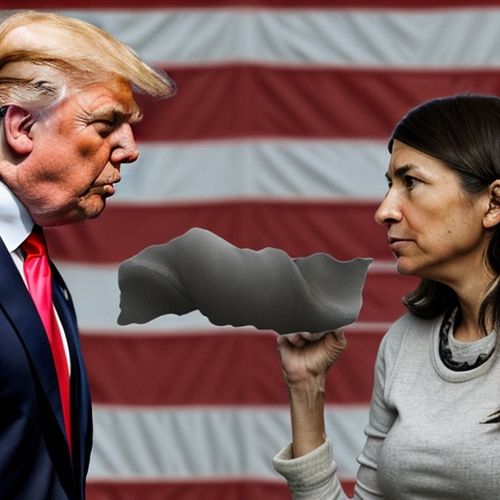
By Lily Simpson/Apr 21, 2025

By James Moore/Apr 21, 2025

By Daniel Scott/Apr 21, 2025